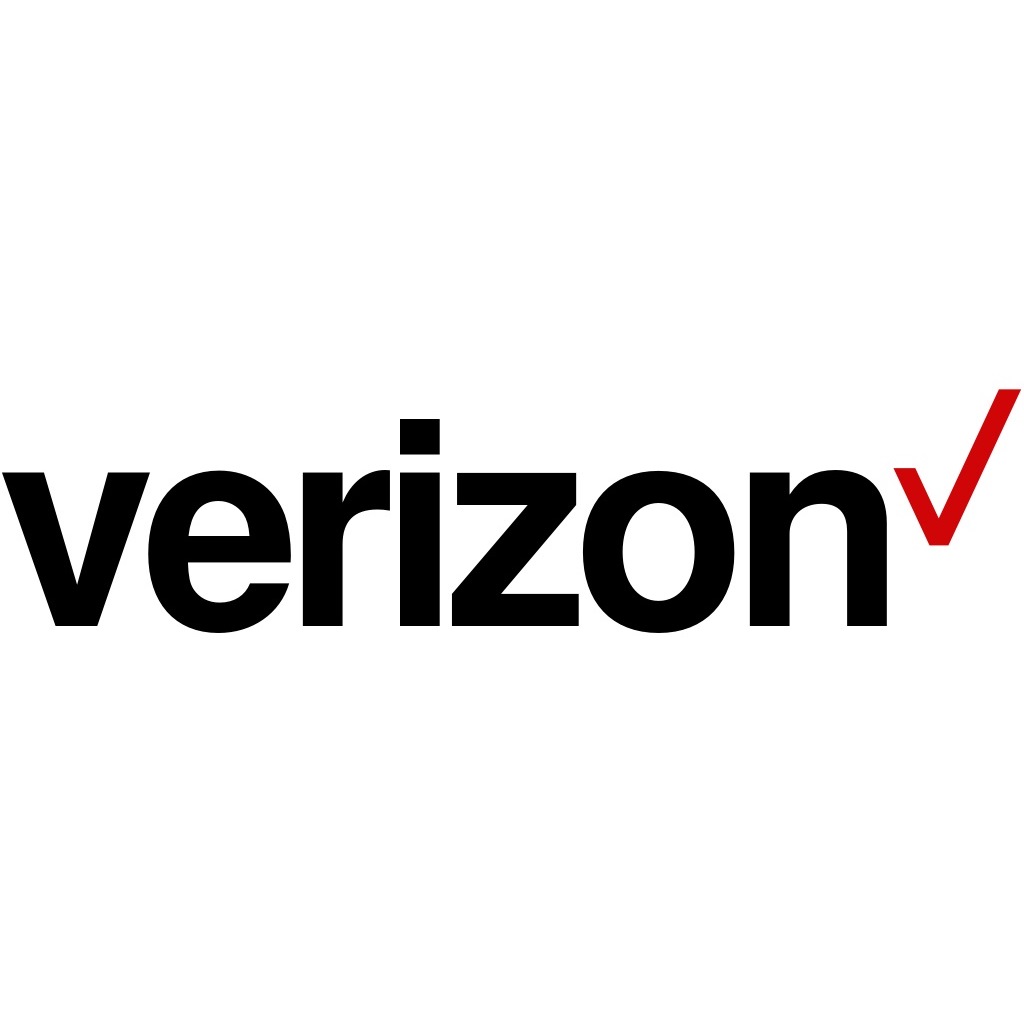Telecom & Wireless
Why Verizon May Have the Best 5G for Wireless Consumers and Investors Alike

Published:
Last Updated:

The communications world often feels bottlenecked, and many consumers of media, telecom and web traffic sometimes feel like they should be waiting for the loud screeching sounds of those 28K and 56K modems. The hope and promise for the years ahead is 5G technology from the major wireless carriers. After Merrill Lynch hosted the 5G network team of Verizon Communications, Inc. (NYSE: VZ), the firm’s view is that Verizon has a lot of potential upside for investors and that Verizon may have the best quality of 5G.
The promise of high reliability and low latency for multi-gigabit speeds is a huge opportunity for all carriers. Merrill Lynch’s team has a Buy rating and a $58 price objective for Verizon.
The team has maintained its Buy rating on Verizon based on a good valuation, being a winner of tax reform and from improving wireless fundamentals.
What may help for new investors looking for dividends and upside at the same time is that Verizon shares were last seen down 1% at $47.75. That implies upside of 21.4%, and that’s before considering a 4.8% dividend yield.
Merrill Lynch has only a Neutral rating on arch-rival AT&T Inc. (NYSE: T). The $40 price objective on AT&T still implies about 10% upside from current prices, before considering the 5.5% dividend yield.
Merrill Lynch rates shares of T-Mobile US Inc. (NASDAQ: TMUS) as Underperform with a $45 price objective. That is significantly under the current $63.09 share price. And the firm’s rating on Sprint Corp. (NYSE: S) is also Underperform, and the $3.00 price objective is under the current $5.20 price for Sprint’s stock.
According to the Merrill Lynch report, the order in capital spending expectations over the next three years or so is AT&T at about $75 billion, then Verizon at $50 billion, followed by an unspecified third-place winner between T-Mobile and Sprint with between $15 billion and $18 billion. The report said:
While these companies can undoubtedly compete with AT&T/Verizon in the current environment, we question whether the narrowing of network performance deltas in recent years may be sustained. At the same time, as wireless broadband speed and functionality rises, we foresee a time in the next several years where it is very likely wireline broadband, like wireline voice and video before it, inflects negative.
The Merrill Lynch Verizon investment rationale currently states:
Verizon has the most defensible wireless subscriber base in the industry with superior profitability. The company emerged from the recent spectrum auction with a stronger balance sheet post-asset divestitures. We expect Verizon’s earnings growth to outpace peers.
Verizon shares were last seen trading down over 1% at $47.75 on Tuesday, and the 52-week trading range is $42.80 to $54.77. Verizon’s consensus analyst price target from Thomson Reuters is $55.96.
If you’re one of the over 4 Million Americans set to retire this year, you may want to pay attention.
Finding a financial advisor who puts your interest first can be the difference between a rich retirement and barely getting by, and today it’s easier than ever. SmartAsset’s free tool matches you with up to three fiduciary financial advisors that serve your area in minutes. Each advisor has been carefully vetted, and must act in your best interests. Start your search now.
Don’t waste another minute; get started right here and help your retirement dreams become a retirement reality.
Thank you for reading! Have some feedback for us?
Contact the 24/7 Wall St. editorial team.